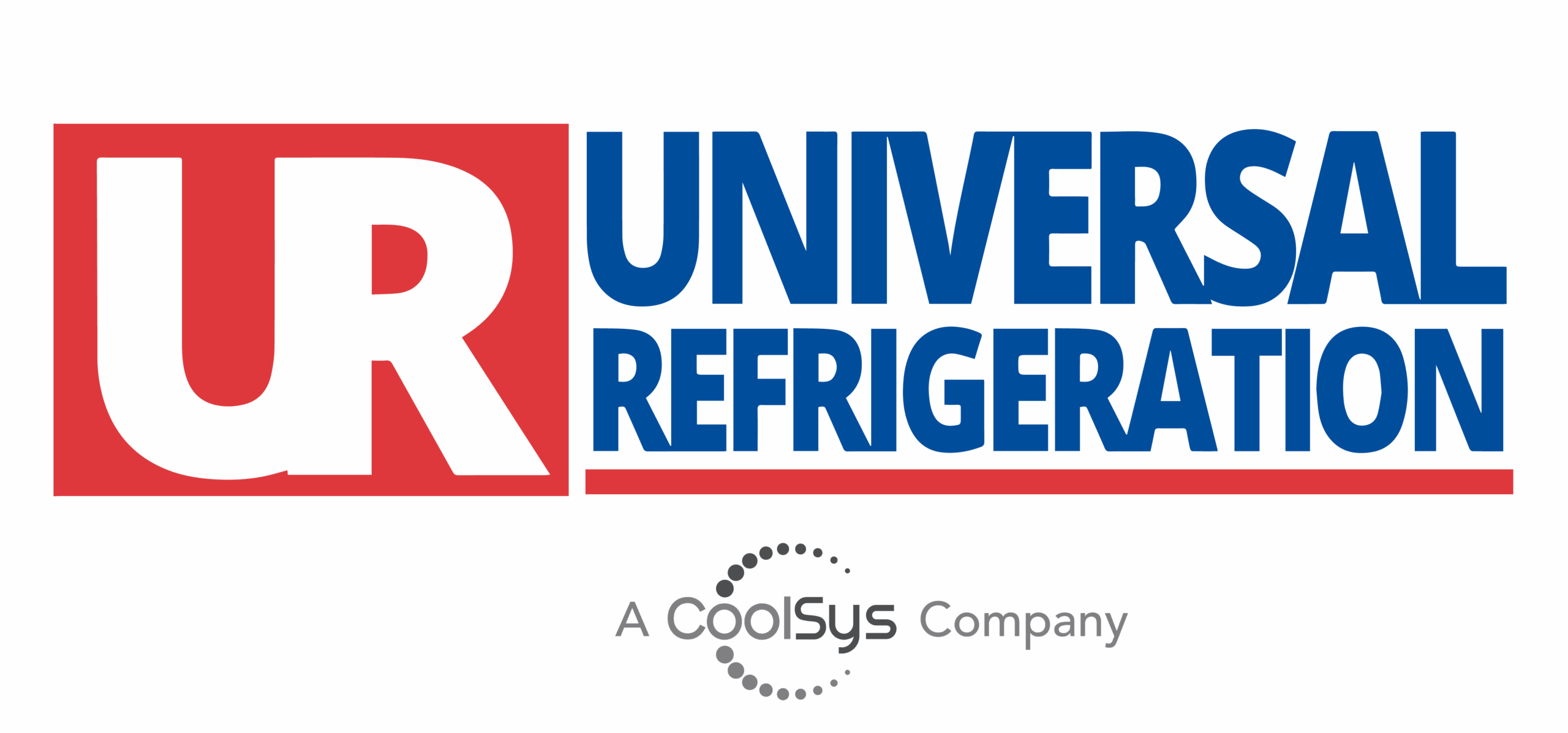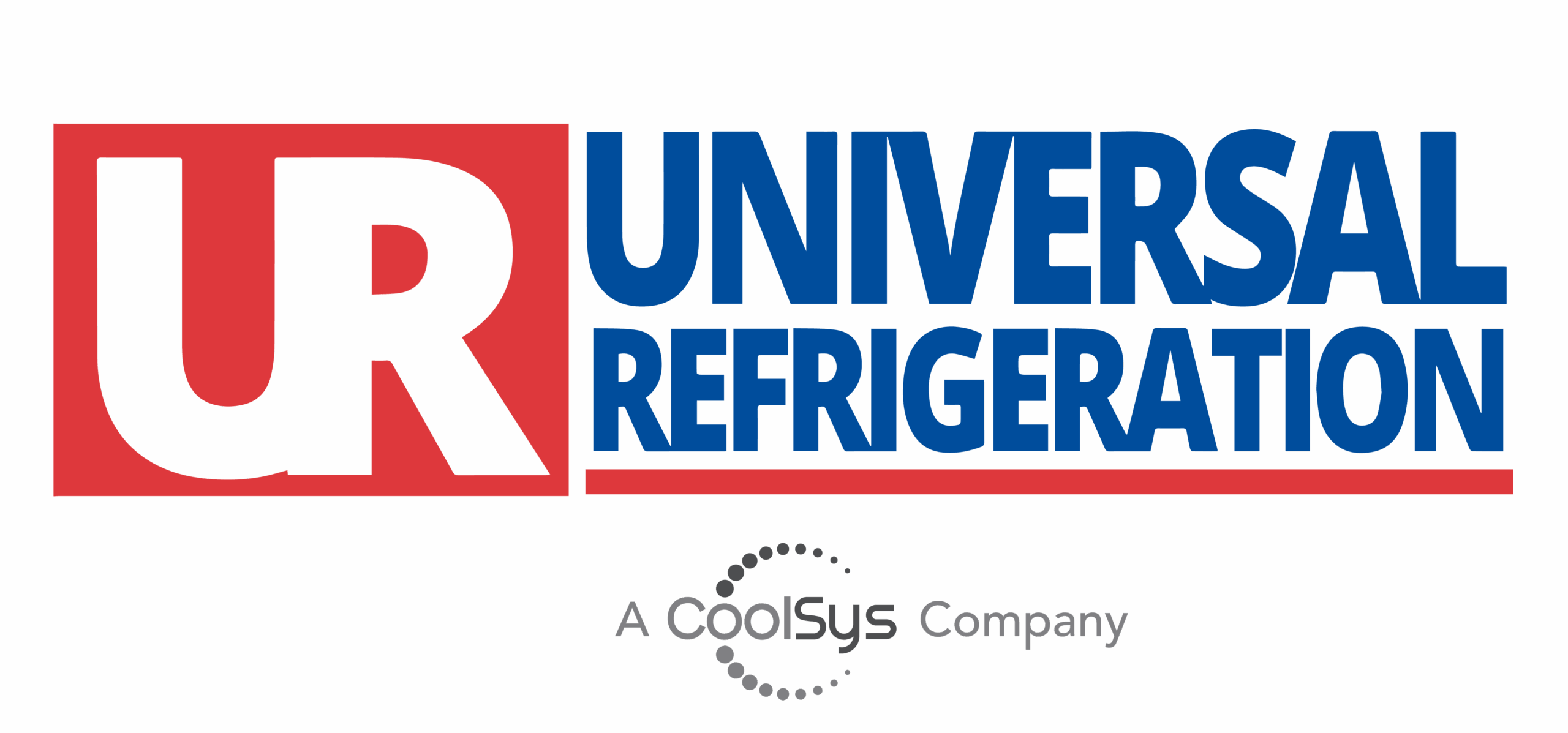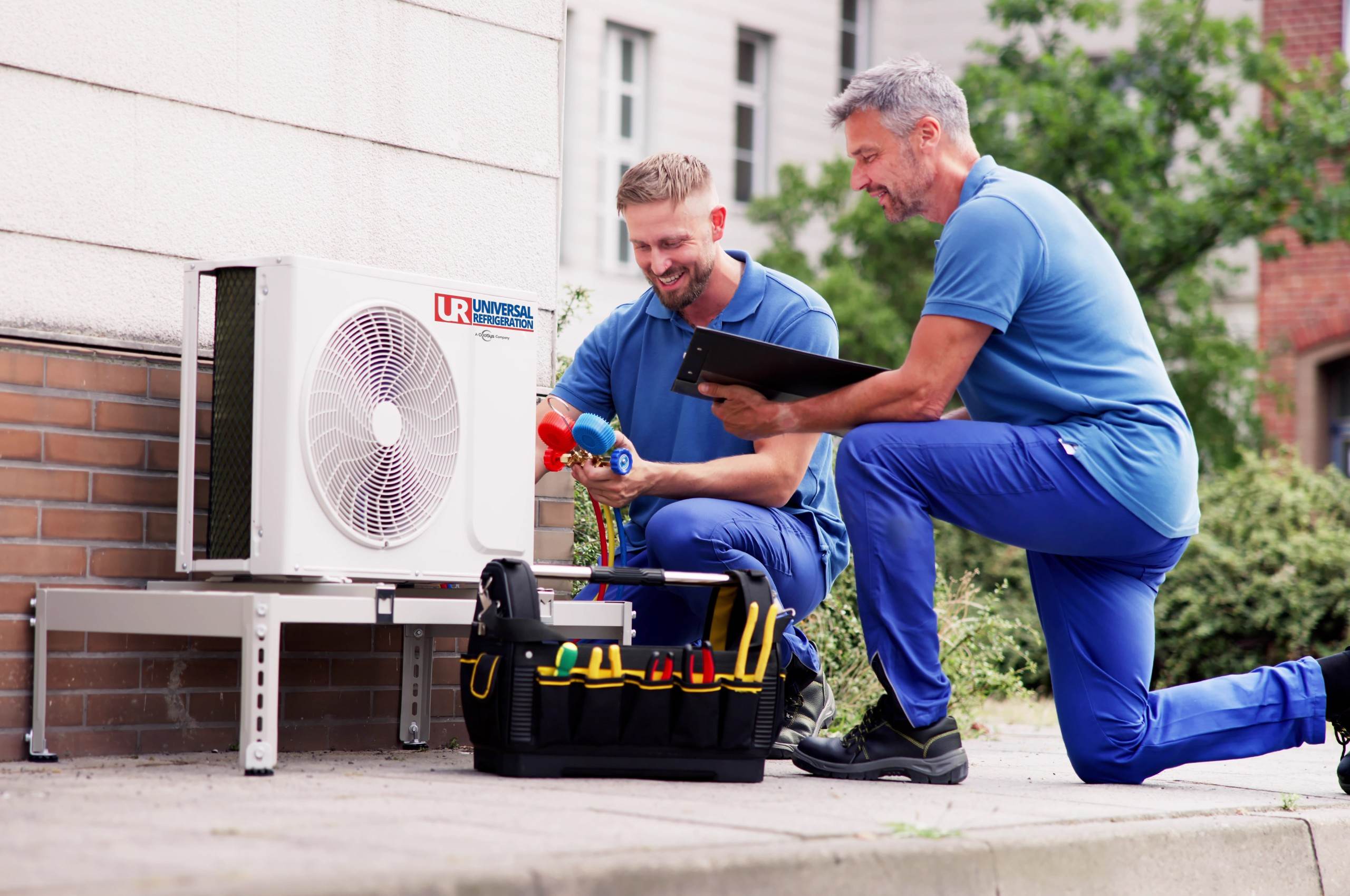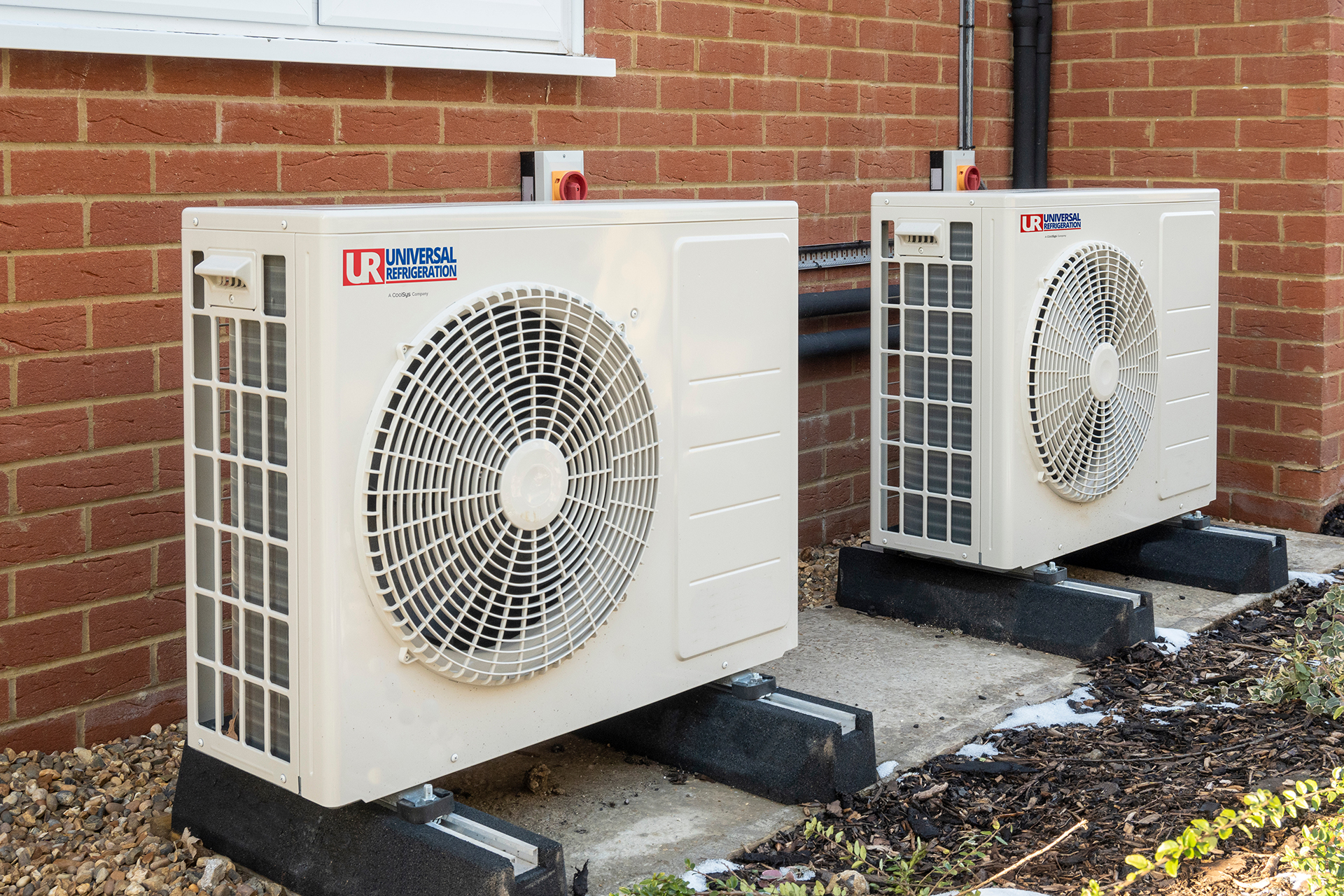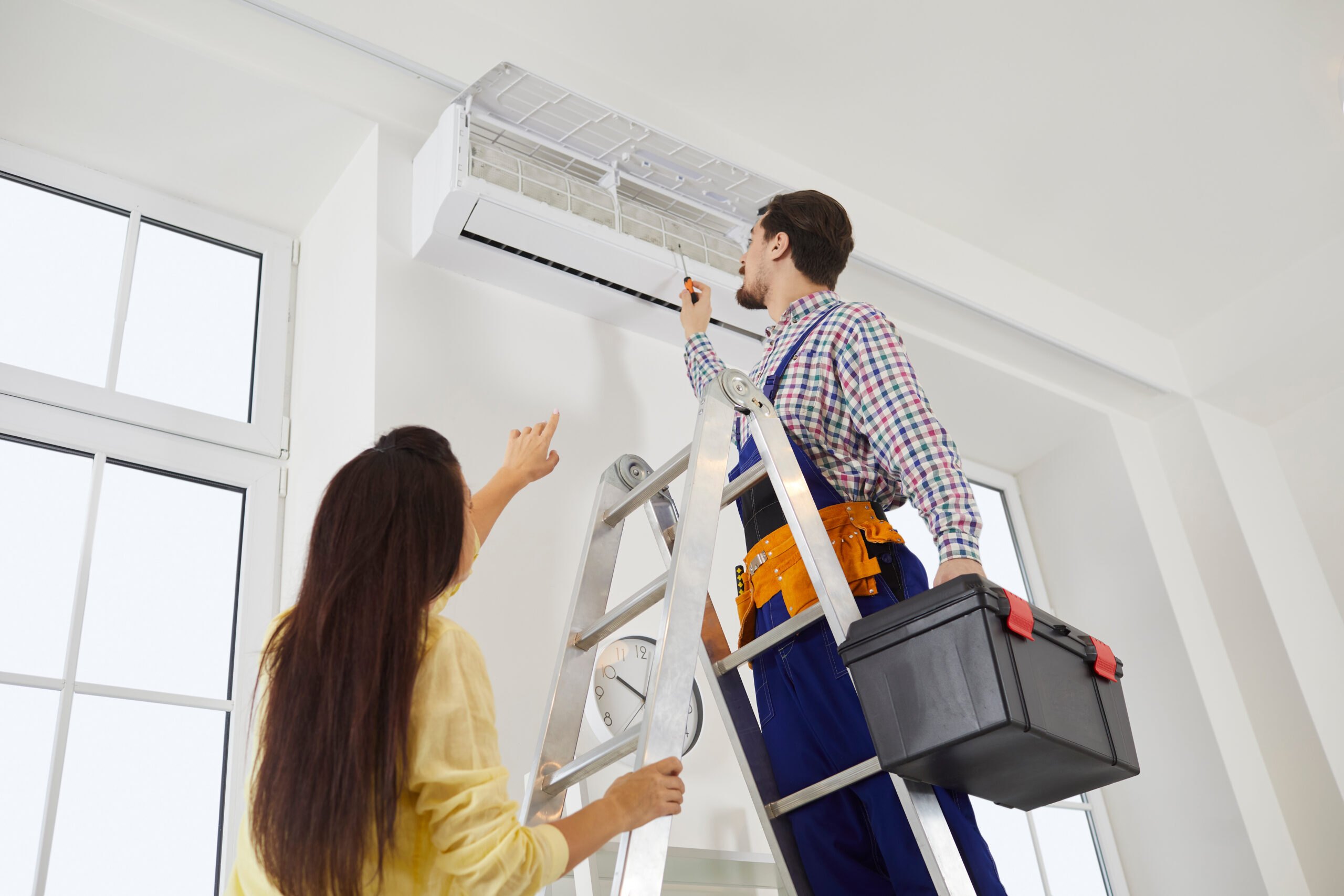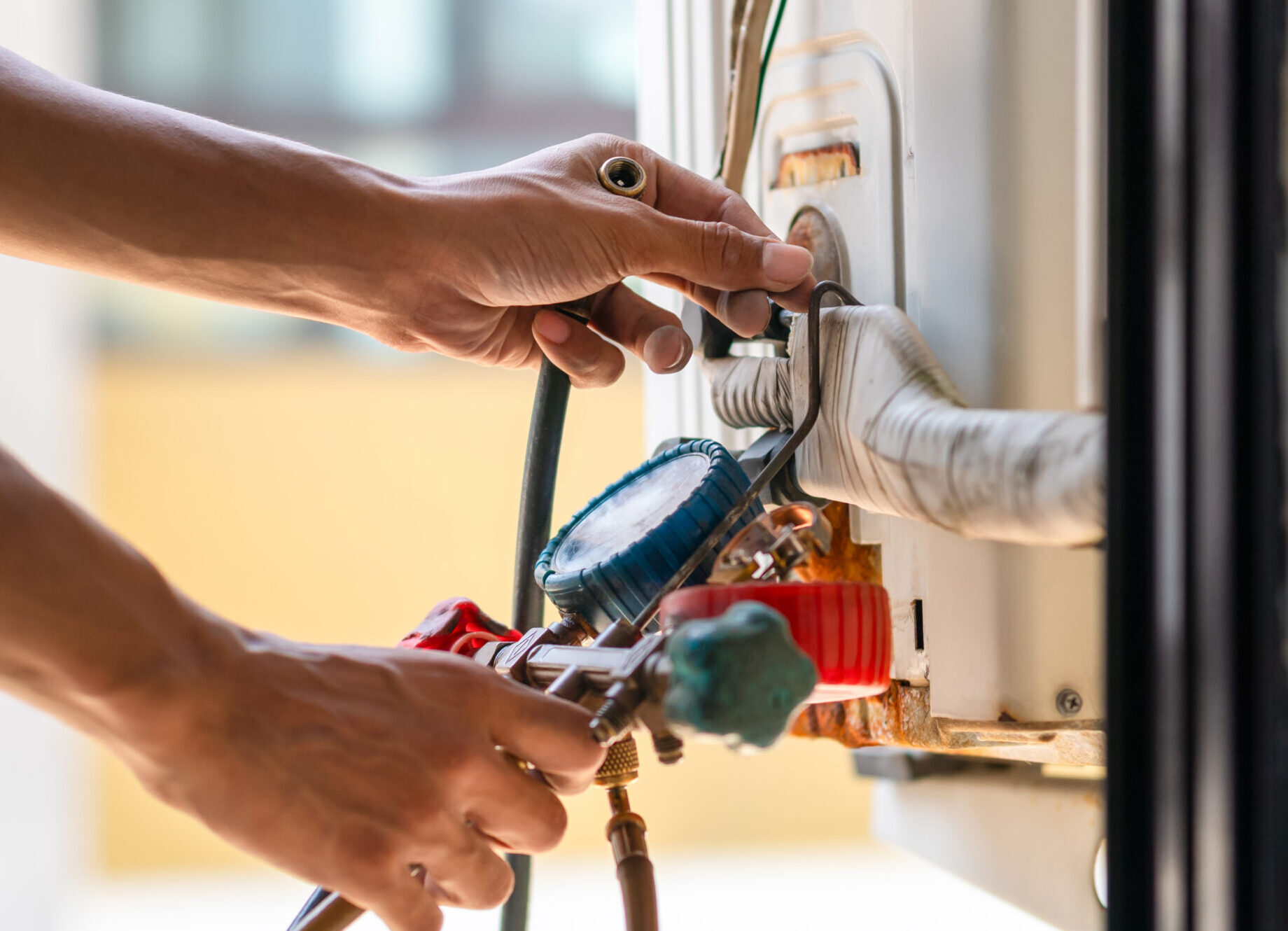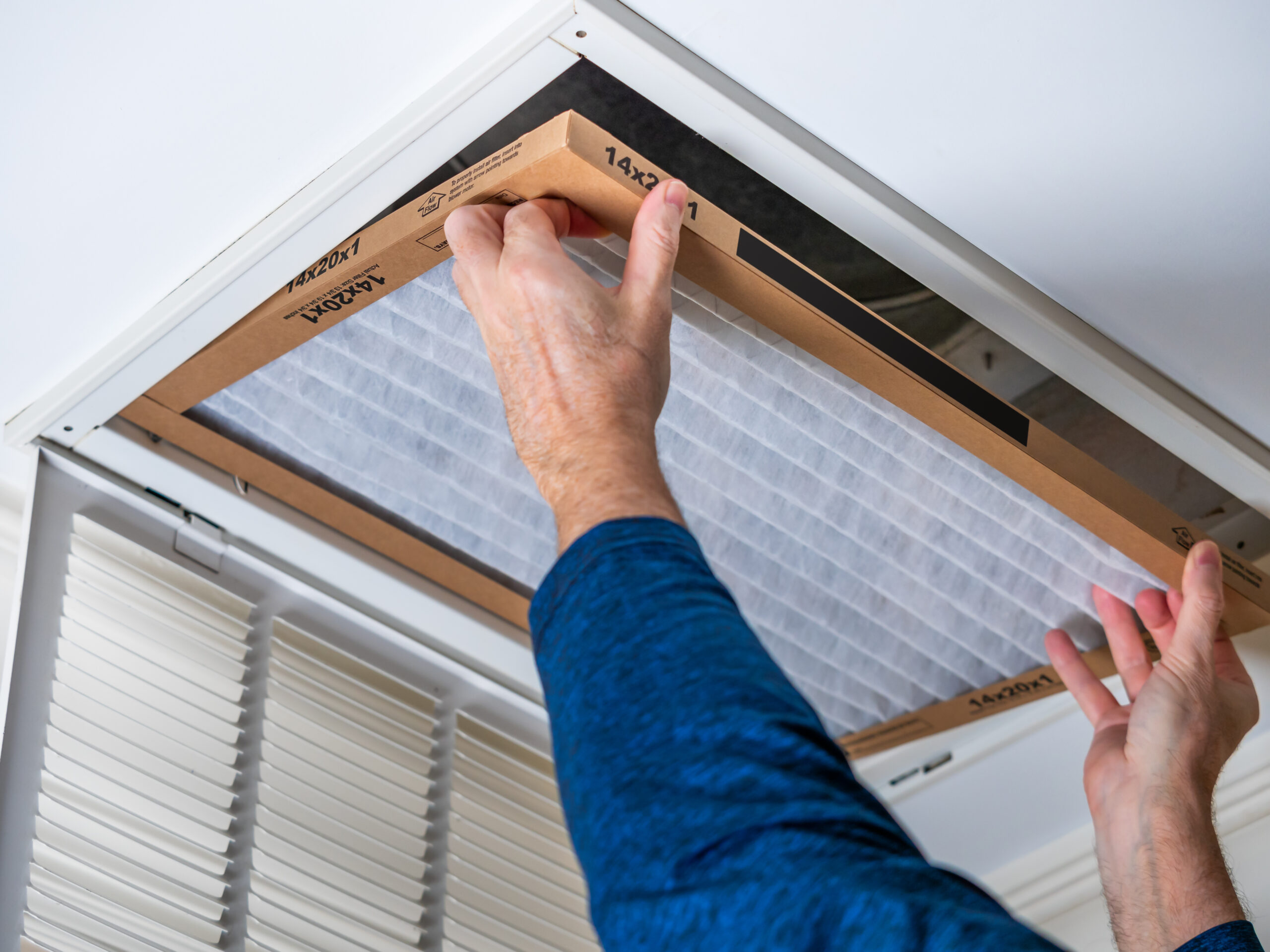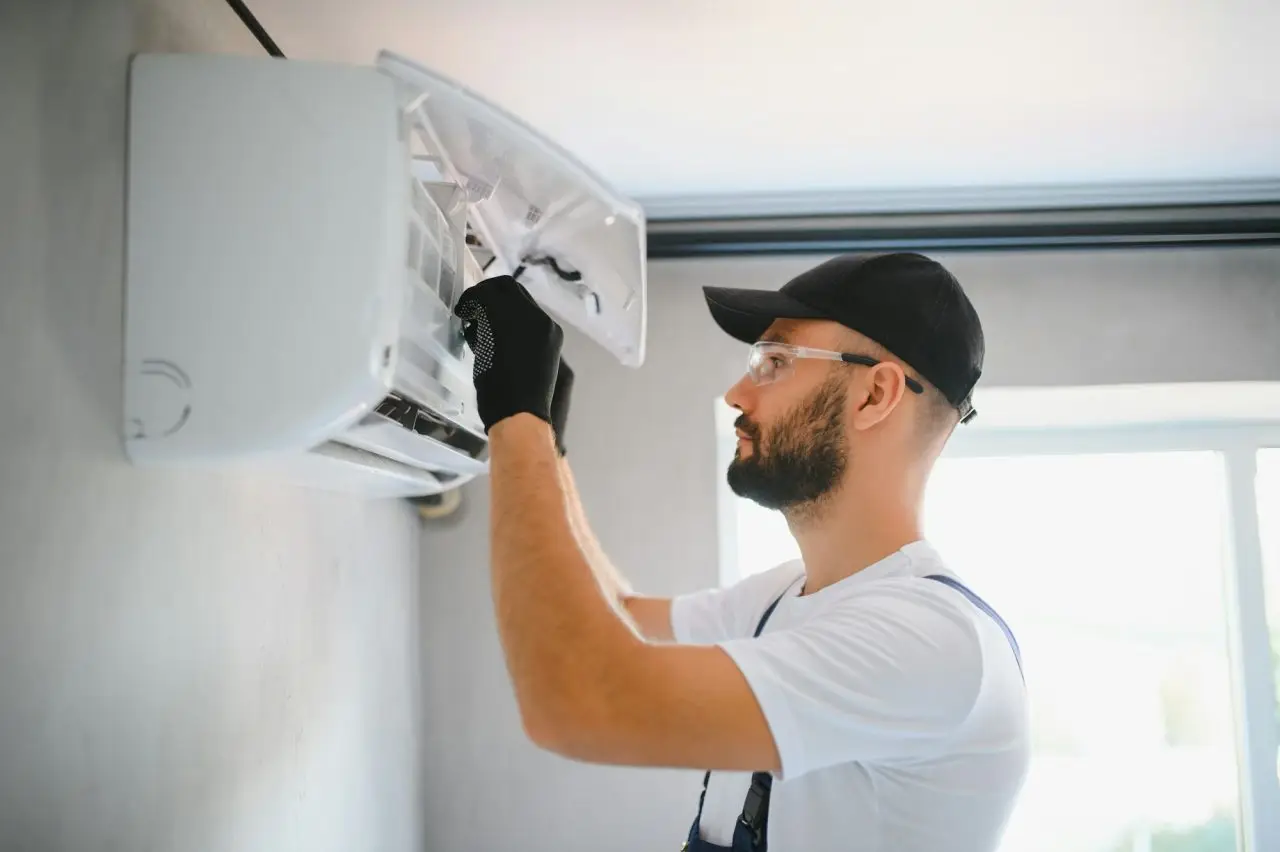When it comes to keeping your Western Washington home comfortable through long damp winters and hotter summers, efficiency matters. Heat pumps are an increasingly popular option for home cooling and heating, but many homeowners are asking: how do heat pumps work, do heat pumps save money and are heat pumps energy efficient?
The answer is yes—and making the switch could lower your bills, reduce your carbon footprint and provide optimal comfort for your family all year long. Here’s what you need to know:
How Heat Pumps Work
Unlike a furnace that generates heat or an air conditioner that only cools, a heat pump does both. Traditional systems work hard to create warm or cool air. But heat pumps use electricity to transfer heat into or out of your home, rather than create it.
- In winter: A heat pump pulls heat energy from the outside air (yes, even cold air contains heat) and transfers it indoors.
- In summer: The process reverses, and the same unit moves heat from inside your home to the outdoors, just like an air conditioner.
This transfer process is what makes heat pumps so energy efficient. They move heat that already exists instead of burning fuel to create it. Because heat pumps move heat instead of making it, they can deliver up to four times more heat or cool air than the power they use. That saves you money on your energy bills.
There are multiple types of heat pumps out there. The two most common are:
- Air-source heat pumps, which are installed outside your home and look almost exactly like an AC compressor.
- Geothermal units, which are buried underground.
Each can rely on your existing HVAC ductwork and can last for years. Properly cared for geothermal units can keep your family comfortable for up to 24 years and an air-source heat pump typically lasts about 15 years.
Are Heat Pumps Energy Efficient?
Absolutely. Because they rely on heat transfer instead of combustion, heat pumps use less electricity for heating than traditional electric furnaces or baseboard heaters—up to 52% less.
For Western Washington homeowners, this efficiency makes a big difference. Our mild but wet winters rarely dip below freezing for long stretches, making conditions ideal for heat pump performance. And in summer, when sudden heatwaves hit, a well-maintained heat pump cools just as effectively as a standard air conditioner, without the extra energy costs.
ENERGY STAR-certified heat pumps can cut annual energy use even further, leading to a lot of long-term savings and a smaller environmental footprint. Both your family and the planet will feel the benefits for years.
Keep in mind that regular maintenance maximizes efficiency. Just like any HVAC system, heat pumps perform best with regular maintenance. Seasonal professional tune-ups help ensure your system runs efficiently through changing weather.
Just like with traditional HVAC systems, homeowners can also take simple steps between service visits to keep their heat pumps running efficiently:
- Change air filters every 1–3 months.
- Keep outdoor units free of leaves and debris.
- Schedule annual professional inspections before extreme heat or cold.
How Heat Pumps Save Money
The biggest way heat pumps save money is through lower utility bills. By using less electricity to heat and cool your home, you’ll notice big savings month after month. Installing a heat pump may cost a bit more in up-front costs, but the savings on your power bill will make up for it in no time.
Additional money-saving benefits include:
- Dual-purpose system: One unit for both heating and cooling reduces equipment costs.
- Rebates and incentives: Many Washington homeowners qualify for utility rebates or tax credits when upgrading to an energy-efficient heat pump.
- Lower maintenance costs: Because they don’t rely on combustion, heat pumps have fewer parts that wear out, often meaning fewer repair calls and lower maintenance expenses over time.
- Stable energy costs: Unlike oil or gas systems that fluctuate with fuel prices, heat pumps run on electricity, which tends to be more stable and predictable, making it easier to manage household budgets.
According to the Department of Energy, homeowners who switch to heat pumps can save hundreds of dollars annually, depending on their current system and energy rates.
Heat Pumps and Washington Weather
If you live in Western Washington, you know that gray rainy winters can last a long time, which demands reliable heating. At the same time hotter, drier summers have increased the need for cooling systems. Heat pumps are uniquely suited to this climate: efficient in winter, effective in summer and resilient year-round.
During recent Washington heatwaves, many homeowners with outdated AC systems saw energy bills spike. A well-maintained heat pump helps keep costs under control while maintaining steady comfort for your family.
Is a Heat Pump Right for Your Home?
Heat pumps aren’t just energy efficient; they’re a smart investment for Washington homeowners who want comfort without sky-high bills. If you’ve wondered how heat pumps work, whether they save money or if they’re energy efficient, the answer is clear: they do all three.
From lowering monthly costs to supporting cleaner energy use, heat pumps are a long-term solution that pays off in comfort, savings and a cleaner planet.
Heat pumps are efficient, cost-effective and perfectly suited for Washington’s climate. By upgrading, you’ll enjoy:
- Lower utility bills
- Year-round comfort
- Fewer maintenance headaches
Our licensed technicians can help you explore your heat pump options, choose the right system and keep it running smoothly year-round for years to come. We help families in Auburn, Kent, Renton, Tacoma, Federal Way and Puyallup.
